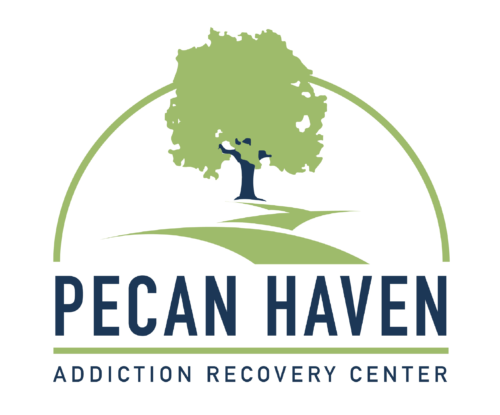Marijuana use is a complex topic, and concerns about substance use and addiction of any kind require a balanced level of understanding.
While research suggests that marijuana doesn’t cause the same physical dependence as some other substances, it’s important to acknowledge the potential for developing an unhealthy relationship with any substance and the challenges individuals may face in seeking recovery from excessive marijuana use.
Understanding Marijuana Dependence
Addiction isn’t just about physical withdrawal symptoms. In fact, it can be argued that people can develop an unhealthy psychological dependence on just about anything. While marijuana may not cause the same physical dependence as drugs like heroin or alcohol, individuals can still develop a psychological dependence.
This dependence means that they rely heavily on marijuana to cope with daily life, experience cravings when they try to stop using it, and may continue to use it even if it causes problems in their life.
Recovery Strategies and Support
If you’re struggling with marijuana dependence, know that recovery is always possible. A successful recovery program will emphasize the importance of personalized treatment plans that address the underlying issues contributing to your reliance on marijuana.
These issues could include stress, anxiety, or past trauma, and some evidence-based therapies frequently used in recovery may include the following:
- Cognitive-Behavioral Therapy (CBT): This therapy helps you to identify and change negative thoughts and behaviors related to marijuana use.
- Motivational Interviewing: This approach helps you explore your own reasons for wanting to change, and build your motivations for seeking recovery.
- Support Groups: Connecting with others who are also on the journey to recovery can provide valuable support and encouragement. Twelve-step programs may also be helpful for the same reason.
Individualized Paths to Recovery
Everyone’s experience with marijuana dependence and recovery is unique. Factors like genetics, environment, and personal coping skills can influence your journey.
It’s essential to approach recovery with empathy and understanding, both for yourself and others. Dispelling the stigmas associated with addiction, and working to create a supportive community, are extremely helpful and important aspects of promoting successful recovery.
Supporting Harm Reduction and Education
Harm reduction strategies aim to minimize the negative consequences of marijuana use and empower individuals to make informed choices about their health.
In general, harm reduction can include access to education resources and programs like needle exchanges for those who use injectable drugs, or safe consumption sites, which provide controlled environments for individuals to use substances under medical supervision.
While marijuana does not present the same physical dependence challenges as other substances, harm reduction strategies can still help those who use marijuana and want to minimize potential risks or seek to change their relationship with the substance.
Providing accurate information about marijuana use, including potential risks and safer consumption practices, can help people make informed choices. This might include information about safer consumption methods, e.g. avoiding smoking, instead opting for edibles with known dosages.
In regions where marijuana is legal or decriminalized, promoting access to regulated and tested products can help to reduce the risk of contaminants and unknown issues often present in illegally-distributed marijuana. This can help to avoid health risks associated with unregulated marijuana use.
Finally, harm reduction can mean offering resources and support for individuals who use marijuana. This may include education for avoiding dependence, and strategies for managing cravings and preventing risky situations.
Seeking Professional Help
Marijuana addiction is a complex issue that requires a slightly different approach to other types of substance dependencies. Recovery requires a nuanced, balanced approach, and it’s important to remember that recovery is a journey– not a destination.
To seek assistance from Pecan Haven with drug addiction or substance abuse, please give us a call or fill out our online assessment to get started.
